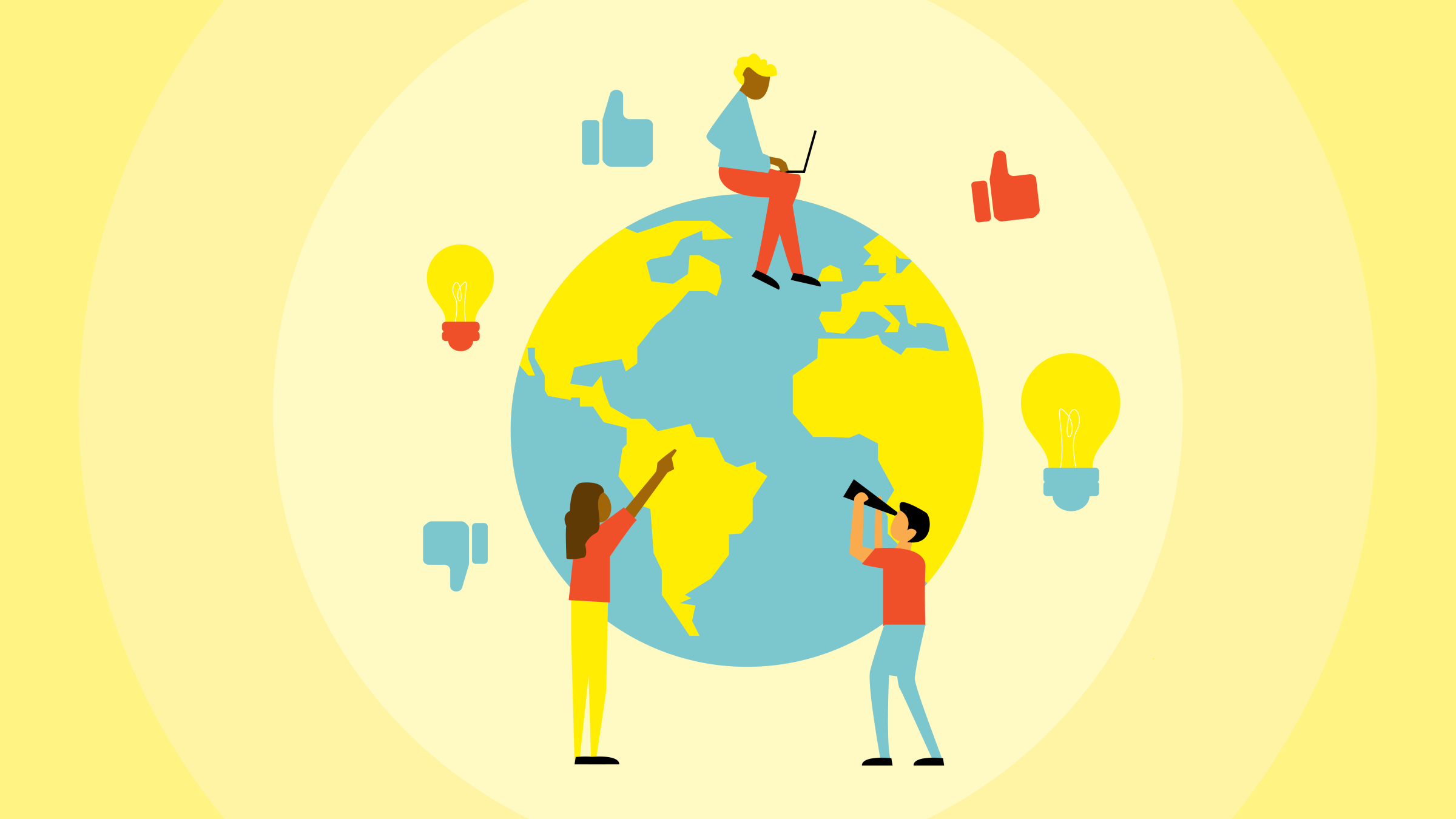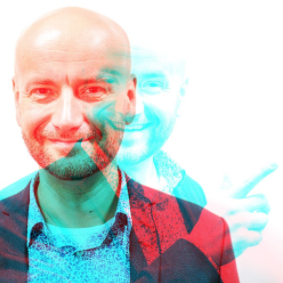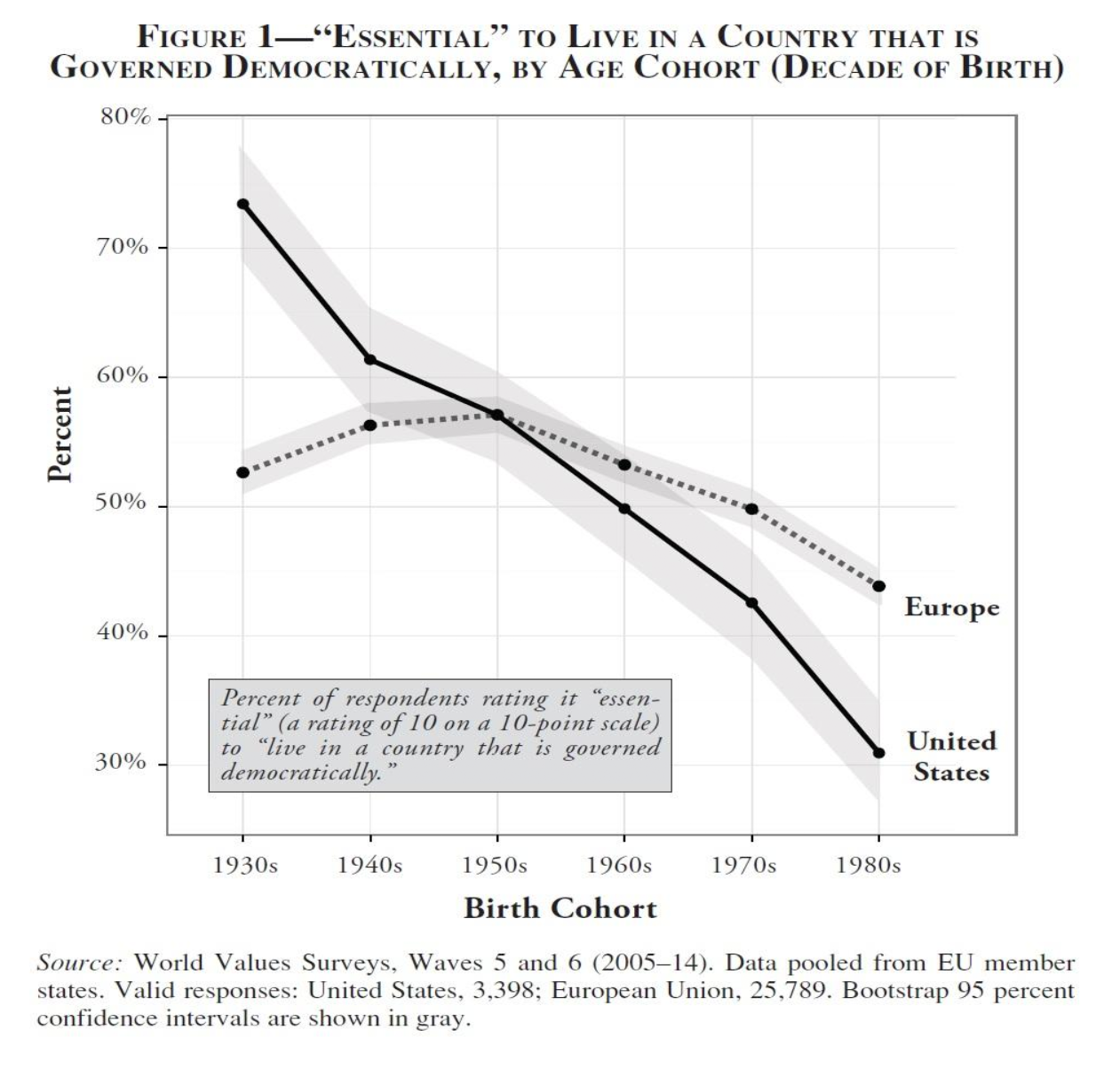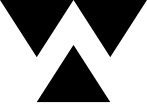

Many things now are happening simultaneously.
We need to assume that the offshoot of populism that incites hate will not go away very soon.
And that's not all.
The massive increase in internet speed when 5G becomes commonplace will change the nature of the internet, affecting people's everyday lives and human relationships. For the consumer the web is no longer something that is used only to consume various forms of the media: with its possibilities for promoting health and safety it can also be more like an invisible guardian angel.
Important news affecting society is increasingly difficult to understand with a quick glance (e.g. the euro crisis, social and health care policy reform, the war in Syria, or the use of social media by Russia for wielding influence).
At the same time, the news competes for time and attention with all the other content. Yle's toughest competitor would be the sports content put out by Red Bull, for instance. Or it could be social content produced by any company that draws people's attention.
However, major news events do affect people's lives. If people do not understand events that affect their own lives, or feel unable to influence them, frustration could ensue. And it could turn into rage. Frustration, for its part, creates a market for organised trolling. And as we could see in the US presidential elections, trolling is a new power that can decide elections.
Trolling, either organised or not, will not disappear very soon, as it operates with surprising efficiency.
But it can accelerate the erosion of democracy.
Meanwhile, younger age groups are decreasingly committed to democracy. This graph indicates commitment to democracy among various age groups. You can pick your own birth year from below and compare what kind of attitude your own age group has toward democracy.

Free and transparent journalism can function only in a real democracy. Free journalism cannot function well in a society caught in a whirlwind that incites authoritarianism and hate.
Yle can advance free democracy by increasing understanding about the world today.
Does a news item (as we generally understand it) increase understanding in all conditions - especially if the consumption of news requires the same time for all customer groups - while entertainment notifications offering much quicker gratification are competing for the time of the citizens? Media consumption by those aged 15 to 29 is often completely different from that of 55-year-olds, for instance.
For some of the target groups, news should be explained in a completely new way - so that an overall image of news items might form more quickly even for someone who does not follow the subject matter, in the manner of the person's own choosing. Are there better ways to increase understanding than a “story”? Do some news items need to be pieced together so that the smart/stupid code would build something new out of the pieces of information with which the citizen could achieve an understanding about the overall picture behind the news easier and faster?
Yes.
Or then you, the reader, can come up with a better way.
How do we create a more efficient overall picture of societal questions for people? This is increasingly important now that we are undergoing a time of great change in society.
The writer is the head of Yle News Lab.
